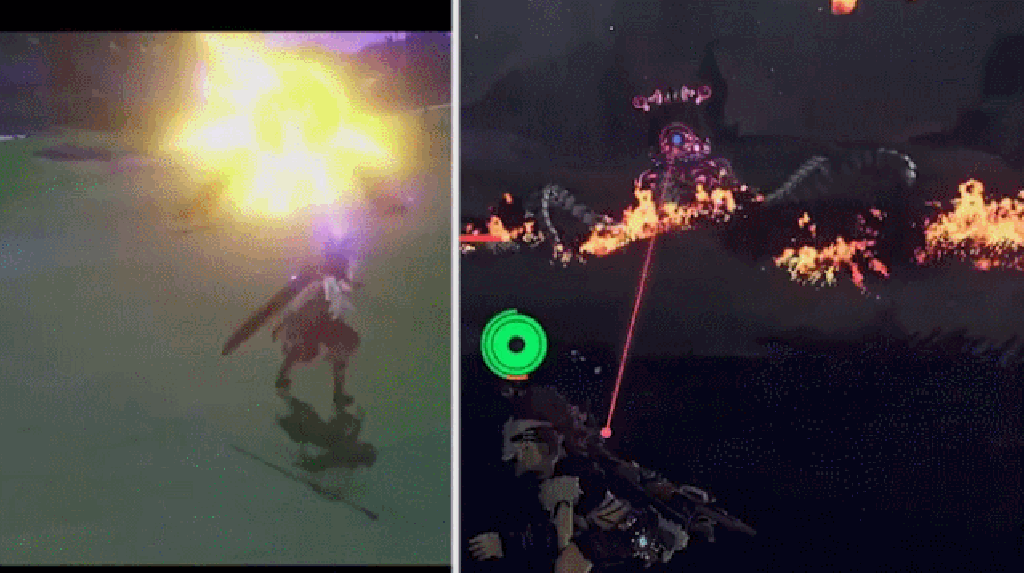Advertisement
China’s blatant Breath of the Wild knock-off sparks outrage
Some lambast the company for being shameless, others said China’s games industry lacks self-respect
Reading Time:3 minutes
Why you can trust SCMP

This article originally appeared on ABACUS
There's no other way to put it: the most talked-about game in China right now looks like a blatant knock-off of The Legend of Zelda: Breath of the Wild.
Be it the look, the story or the game mechanics, Chinese developer miHoYo's new game Genshin Impact -- aiming for PC and mobile -- looks to have taken much from the Nintendo game, widely hailed as one of the best of all time.
Just like Breath of the Wild, Genshin Impact is a cel-shaded, open-world adventure game featuring a warrior who has awakened from a long slumber and journeys to rescue a loved one in an apocalyptic world.
Advertisement
And when it comes to the gameplay… I mean… just look at it.

Advertisement
All of the hallmarks from the latest Zelda game are here, everything from the stamina gauge to the dishes you can cook -- and it's all presented in the same style, with a similar interface.
Advertisement
Select Voice
Choose your listening speed
Get through articles 2x faster
1.25x
250 WPM
Slow
Average
Fast
1.25x